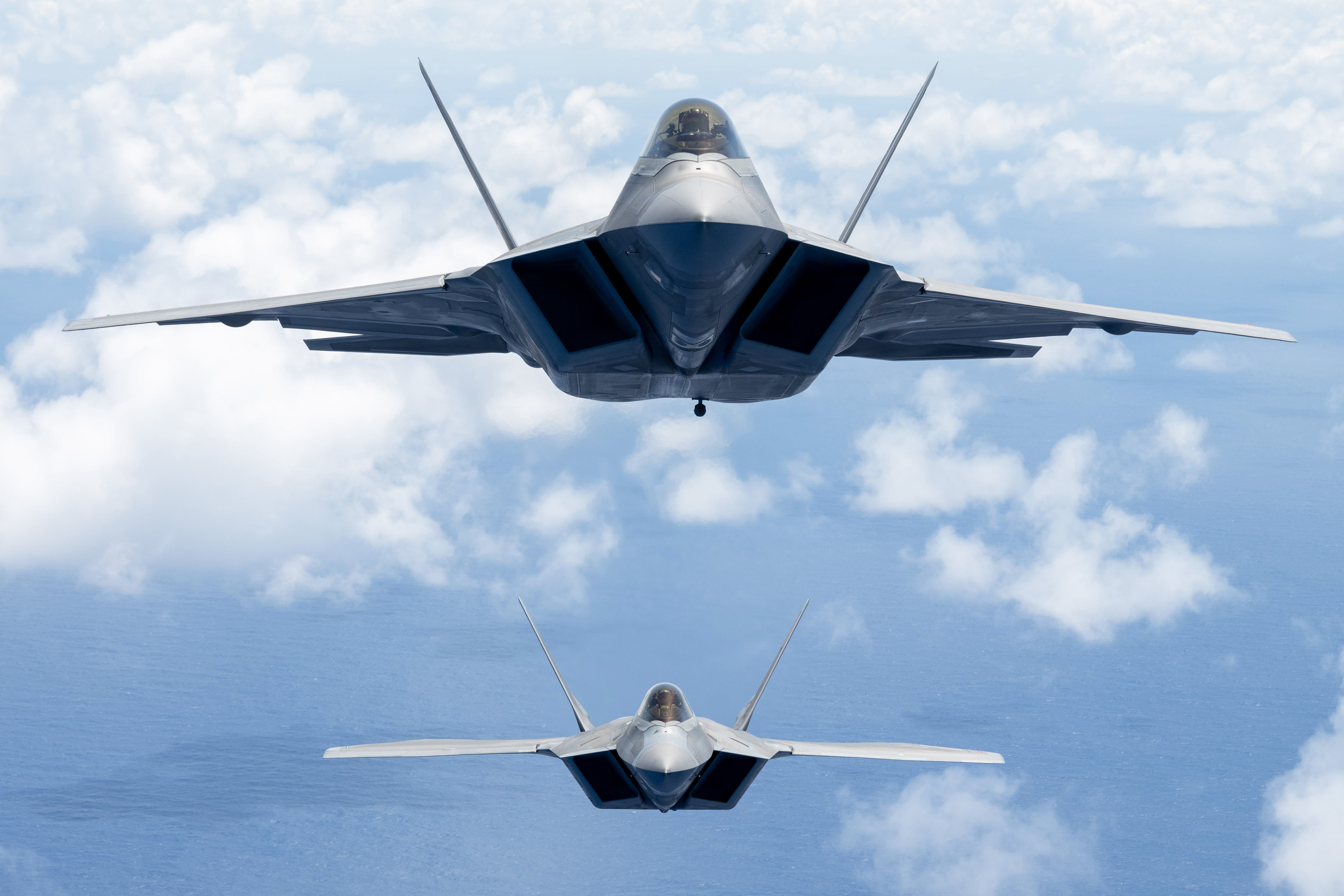In the ramp-up to Chinese President Xi Jinping's arrival in Washington on Sept. 24 for meeting with political leaders, much was said – and even written in the New York Times – about a potential cyber arms control deal between the two countries. However, those hoping for a treaty may want to lower their expectations.
It remains unclear whether President Barack Obama and Xi will announce any formal cyber accord during the Chinese leader's D.C. visit, although "negotiations have been conducted with urgency in recent weeks, with a goal to announce an agreement" during Xi's state visit, the New York Times reported Sept. 19.
But since then, national security officials and experts in cybersecurity and geopolitics have downplayed the likelihood that a formal agreement will be unveiled.
"I think cyber will certainly be a very important part of the agenda and the discussion. We made very clear to China our deep concerns about certain cyber activities. In particular, we focused on a Chinese government-sponsored, cyber-enabled theft of confidential business information and proprietary technology from U.S. companies," Ben Rhodes, White House deputy national security advisor for strategic communications, said on a Sept. 22 call with reporters. "Our preference is to handle this through dialogue and through diplomacy, and through mutual understandings that we can reach. I don't want to suggest a particular formal agreement -- we'll have to see again what type of discussions the leaders have."
As of 5 p.m. Sept. 24, word has not yet emerged on those discussions, but those closer to the operational side of U.S. cyber operations have showed some skepticism that any structured agreement is near fruition.
"I think that some cyber arms control treaties would be desirable. I think some standards of conduct…accepted internationally are desirable. Do I think they're feasible? I think they're feasible but not in any short term," Terry Halvorsen, DoD CIO, said at the Billington Cybersecurity Summit in Washington on Sept. 17. "I think we're all learning – we're fairly advanced in cyber, but if you look at all the potential capabilities, we're learning every day. I think that's 10 years out before we really have agreements on that."
Even standards-of-conduct types of measures may have limited impact, according to Adam Segal, senior fellow in China studies and director of the digital and cyber program on the Council on Foreign Relations. He noted that the U.S. and China already have agreed on a report from the United Nations accepting norms in cybersecurity.
"And there are major issues with definitions – what is critical, and how do you verify?" Segal said. "But [it is] of some use symbolically. Both sides identify types of attacks that are off limits, and show a willingness for dialogue."
RELATED: Learn more about securing defense and federal networks at C4ISR & Networks and Federal Times' CyberCon 2015, held Nov. 18 at the Ritz Carlton in Pentagon City, Virginia.








